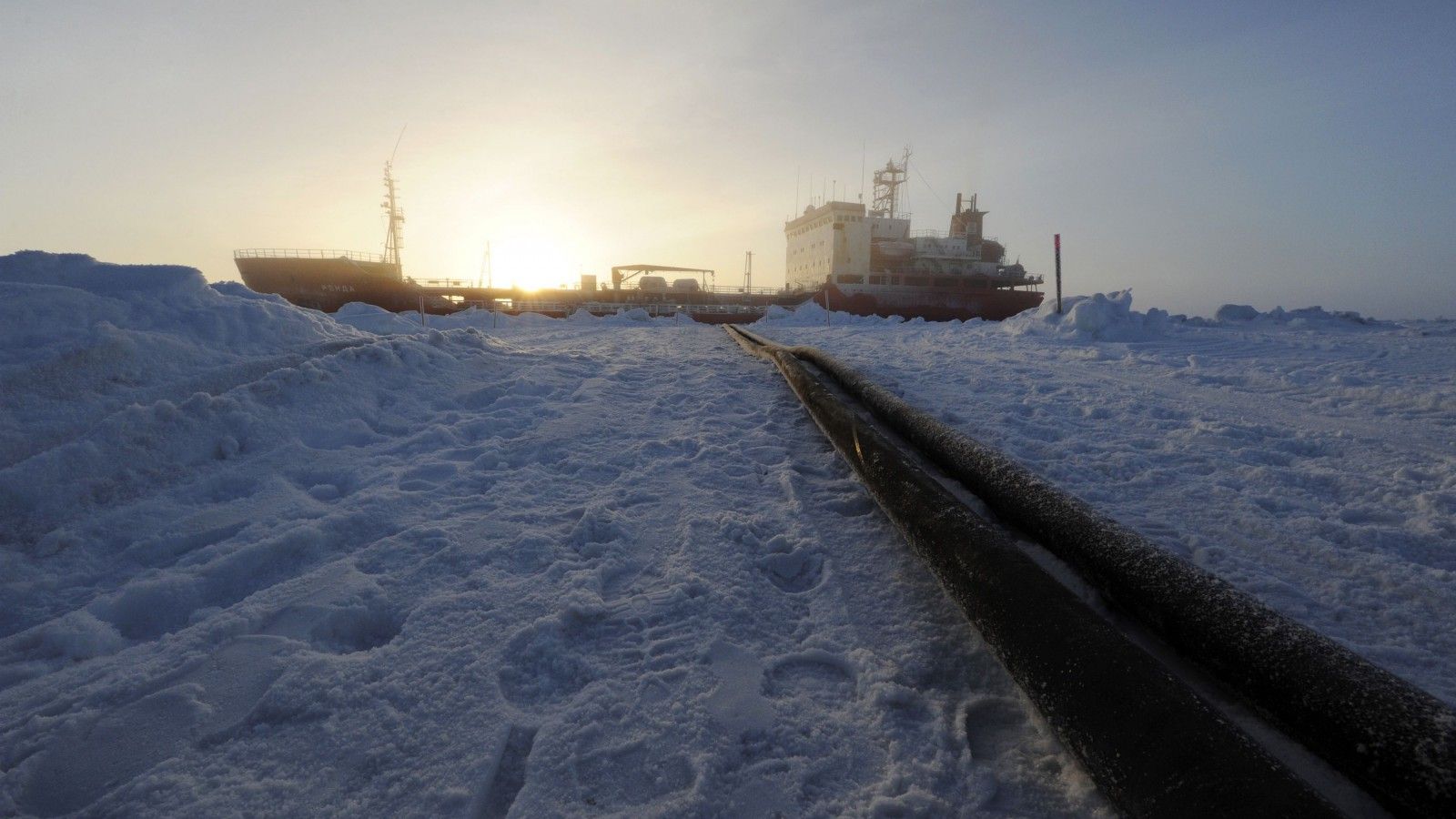Alaska shows even people in the most conservative states prefer a basic income to lower taxes
Low taxes are good, but a basic income is better, at least in Alaska.


Low taxes are good, but a basic income is better, at least in Alaska.
The Economic Security Project (ESP), a group backing efforts to collect data on unconditional cash stipends, recently commissioned a survey of 1,004 Alaskan voters to see how they felt about the Alaska Permanent Fund, a $60.1 billion state fund established in 1976 to collect revenue from Alaska’s oil and mineral leases. The money provides an annual stipend to Alaskans, as well as general revenue. Each October, the fund sends a dividend check to every Alaskan resident of up to $2,072 per person, or $8,288 for a family of four (it was reduced last year amid a budget crisis).
The survey by the ESP illustrates how a more robust basic income—a guaranteed minimum payment for all citizens—might play out in the rest of the country. Public support for the program has deepened in the last generation, despite the prospect of raising taxes.
In 1984, a survey of Alaskans found 71% would prefer to end the dividend if it meant raising taxes. By 2017, that ratio had nearly reversed with only 36% of residents agreeing with that position. “Alaskans have become committed to the notion of dividends so much so that they are willing to pay taxes to preserve the Permenant Fund Dividend (PFD) system,” the survey states. The study found no major differences in views from respondents’ political views or income levels.
People said they use their payments mostly for essentials and savings: 72% of Alaskans reported saving for emergencies, retirement or education, or spending it to pay off bills, heating, appliances, and car repairs, while about 20% spend it on “extras” such as travel and vacation. That pattern is in line with other studies (although a more in-depth study would be needed to confirm the survey responses).
The key to the program’s popularity appears to rest with the fact that it covers everyone, rich and poor. Ninety percent of voters prefer that the money goes to all full-time residents of Alaska. Values of “fairness, equality and help for struggling families” were seen as the sources of deepest support for the Fund. While the wealthy may not see a big boost to their bottom line, 50% of those in more difficult economic straits said the PFD made a major difference in their lives and 79% of respondents said it is is an important source of income for people in their community.
Alaska can be seen as a template for public attitudes toward a universal basic income, regardless of political affiliation, said Karl Widerquist, a political philosophy professor with a background in economics at Georgetown University. Oil reserves, public land, broadcast spectrum, and other physical and intangible goods are often sold or leased to corporations by governments at a fraction of their true value. Widerquist argues these “economic rents,” the surplus value of a resource above their cost, are worth as much as $300 billion annually, much of which could be captured by the public rather than corporations.
“You’ve got to get people on board that this is joint property, that you own this. Then you can pass it in a red state,” he said in an interview. “The elevator pitch is: Stop giving things away to rich corporations or start renting them to the highest bidder and start redistributing them to the people.”
Conservatives (and liberals) have been ambivalent about the prospect of a universal basic income. On one hand, it promises to streamline or even replace much of the welfare state, and offer an equitable distribution of public benefits. Yet fears for many on the right have loomed larger. As the conservative National Review articulates, a basic income threatens to “redefine the relationship between individuals, families, communities, and the state by giving state by giving government the role of provider,” one author writes. “It would make work optional and render self-reliance moot.” This elides the empirical results of basic income trials (most show no signs of people working less overall), but it remains a core worry among opponents of the approach.
The debate is on in the US. Alaska faces a budget crisis amid tumbling oil revenue, and the dividend may be cut. Yet proposals to start similar funds are emerging in the rest of the US. Climate advocates have advanced a greenhouse gas cap-and-dividend program under California’s SB775 bill, as well as a carbon fee and rebate program Washington DC. Hawaii passed legislation this May to explore a statewide universal basic income program. Nationally, a federal carbon dividend proposal is making the rounds in the capitol.
If any of these efforts get traction, Alaska may be their north star.